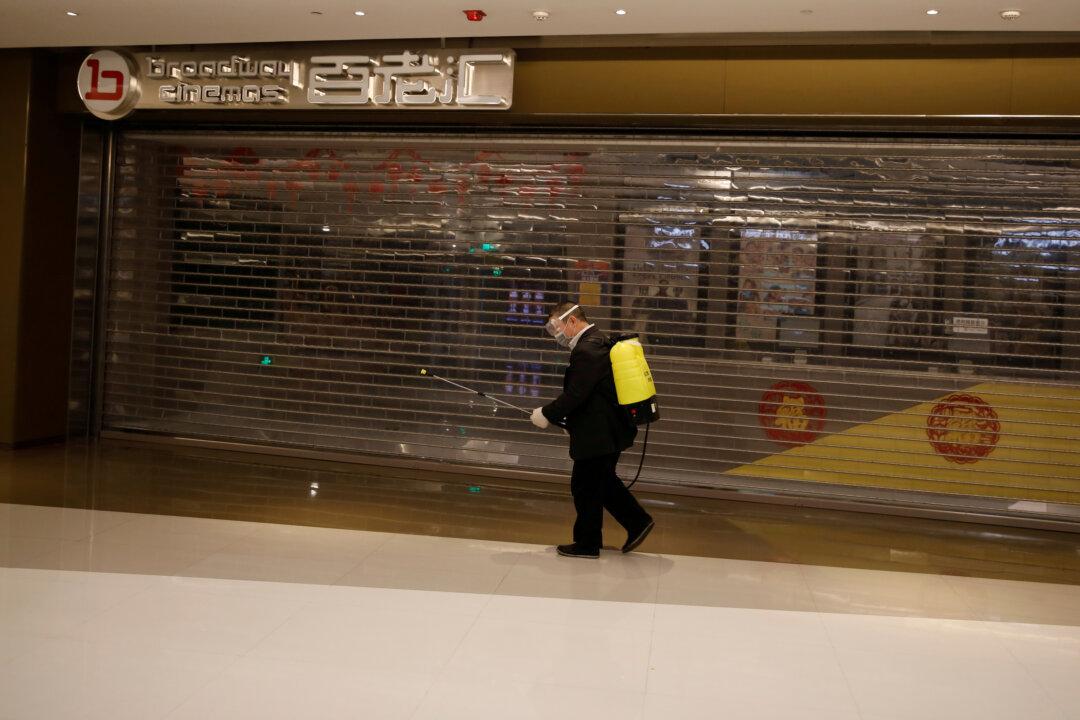China’s imports are declining alongside domestic demand and a poor economy, which has dragged.
Auto sales in China have started a price war but several Chinese state media outlets have recently continued to claimed that China will bring development opportunities to the entire world.






